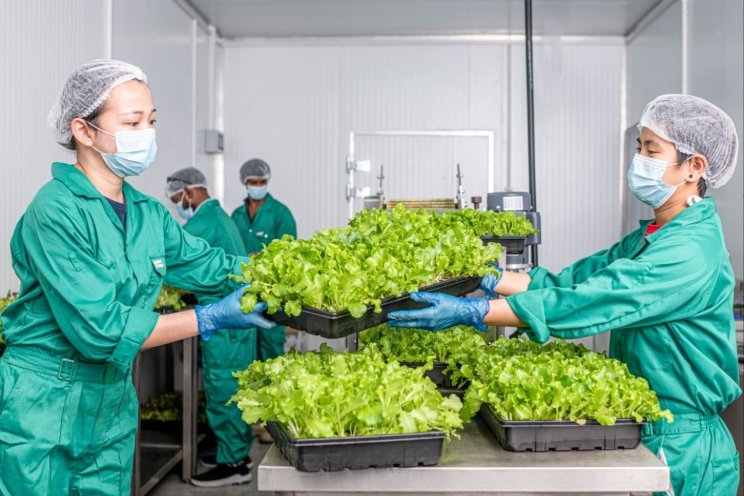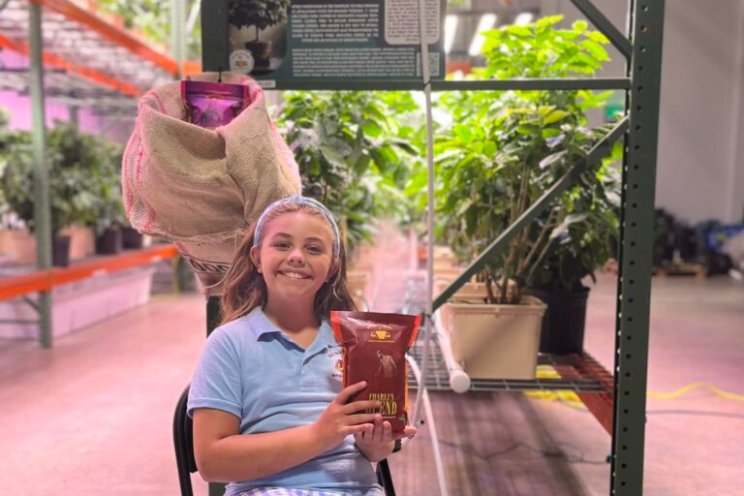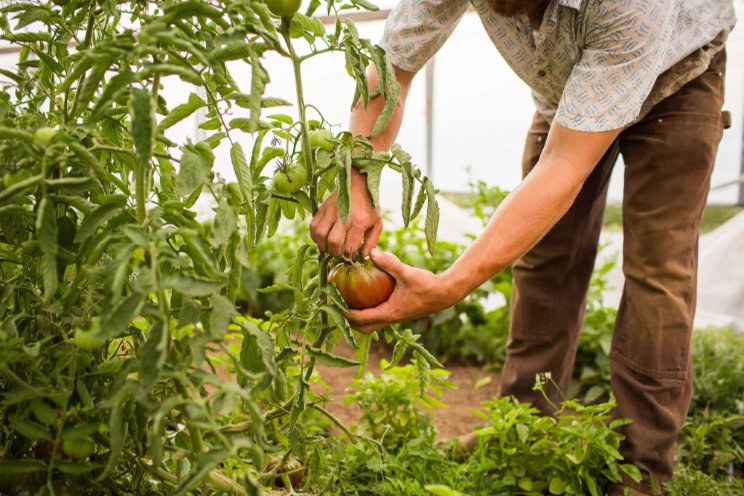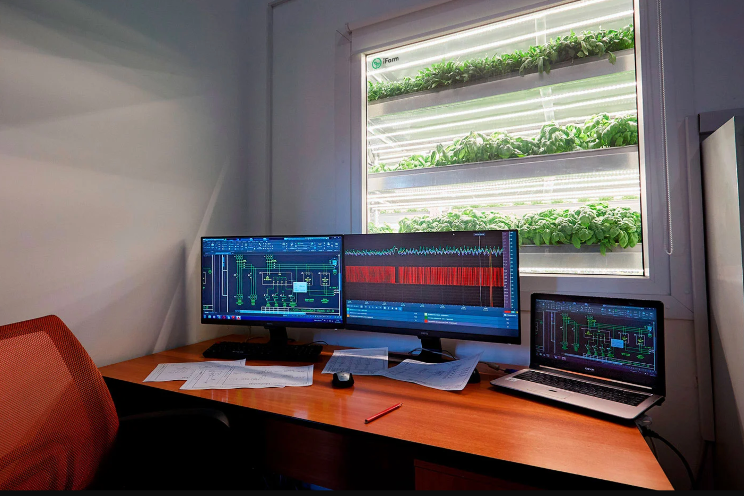Resilient root zones that can take a hit
Added on 01 September 2021


What is Grodan researching?
Spoor: "We know that countless microorganisms reside in the root zones of our substrates, which live in a certain synergy with the plant. We even know that stone wool contains a similar amount of microorganisms as 'normal' soil (except for fungi, which hold slightly less). These microorganisms work in the same way as the intestinal flora in your own body. If that is healthy, it will have a positive effect on the rest of your body, your resilience, and your health. Our research on microorganisms is about flora in the rootzone of our substrate solutions. In recent years, more and more attention has been paid to these microorganisms, as they can make an important contribution to naturally combating pathogens. By stimulating and directing microbiological life in the right direction, the plant becomes more resilient and can therefore fight pathogens more easily. As a result, the use of pesticides in the sector can be reduced even more."
How exactly do you investigate that?
"At the moment there is a lot of attention in the sector and among academia to better understand the role and function of microbiological life in the rootzone. Ultimately the goal would be to respond to these findings and optimize our cultivation process accordingly. Grodan participates in national and international research initiatives, where we investigate what kind of microbiological life is in our current substrate solutions, how this reacts to certain pathogens, and what is needed to stimulate an even more effective microbiological life in these substrates. For example, we are studying whether you can influence the development of these microorganisms by controlling other components in the substrate, such as pH values, nutrients, and oxygen. Ultimately, the goal of these studies is to imitate nature as much as possible and to learn how we can fight diseases in a preventive, natural way. We want to understand how the microorganisms in the root zone interact with the plant and how they make themselves stronger to fight current and new pathogens."
Why is there now more attention for microbiological life in the greenhouse horticulture sector?
"First of all, all parties within the sector, including Grodan, are committed to limiting the use of pesticides as much as possible. This has been a priority in the sector for many years, which has been reinforced by the ever-increasing demand from society. Consumers no longer want food that was cultivated with pesticides, so retailers are putting a lot of pressure on growers to be pesticide-free. Also at the European level, the Green Deal aims to make Europe the first climate-neutral continent by 2050. Prominently featured is 'The Farm to Fork Strategy' that strives for a fair, healthy, and environmentally friendly food system. Furthermore, there is increasing legislation, regulation, and pressure on the reduction of pesticides. We want to, and must, play a part in this.
To contribute to a more sustainable food system, we are continuing to look for natural ways to fight diseases in plants. This is a challenge as growers are constantly being confronted with new diseases, resulting from the changing climate. It is getting warmer, so pathogens have more chances to spread and survive in our previously colder northern areas. That means we need to explore new methods to help growers fight pathogens naturally. A fairly complex, but important task."

How are you going to get growers on board?
"We are still in the middle of the research phase, but our ultimate goal is to develop substrate solutions for growers where microorganisms can thrive well and deliver top performance in terms of resilience. We are currently looking at what we can add to or adapt in our own substrate solutions to build and stimulate microbiological life. Additionally, we are also investigating with partners how we can best help growers and advise them on how to control their substrates, so that the microbiological life in the rootzone can ensure maximum resilience. For example, we are studying how growers can control a plant's resilience by adjusting various components in the substrate, or by adding microbiological agents from organizations such as Koppert (essentially a "Yakult" or other probiotic drink for the plant). We have been working on these studies for ten years, so it is great that there is now more attention towards this in the sector."
How do these studies fit into Grodan's broader strategy?
"Ultimately, we want to develop our substrate solutions in a way that they help the grower to cultivate vegetables and fruit in the most efficient, precise, and sustainable way possible, with the least possible use of pesticides. We focus a lot on advice and the development of a strong rootzone. In other studies, my team is also looking at the use of sensors in the substrates to precisely control the growth of the plants through the real-time data. We are also investigating the benefits and risks of using organic fertilizers. All these studies are aimed at making the root zone of plants more resilient and thus enabling growing in a sustainable and efficient way. I expect that in the coming years we will see many innovations and developments in the sector and the field of plant resilience. So I am happy that, on behalf of Grodan, I can contribute to this through these studies."

Canadian-born and raised Peter Spoor, the son of a Dutch emigrant, studied chemistry at the University of Waterloo (near Toronto), and is still a die-hard fan of the Raptors as a basketball enthusiast. He has now lived in the Netherlands for almost half of his life, wherehe obtained his Ph.D. (in chemical technology) at the Eindhoven University of Technology. Peter came to Grodan via Stork almost eight years ago, where he has now grown into the role of Director Applications & Development.
Source and Photo Courtesy of Grodan
Source: Grodan
More news















